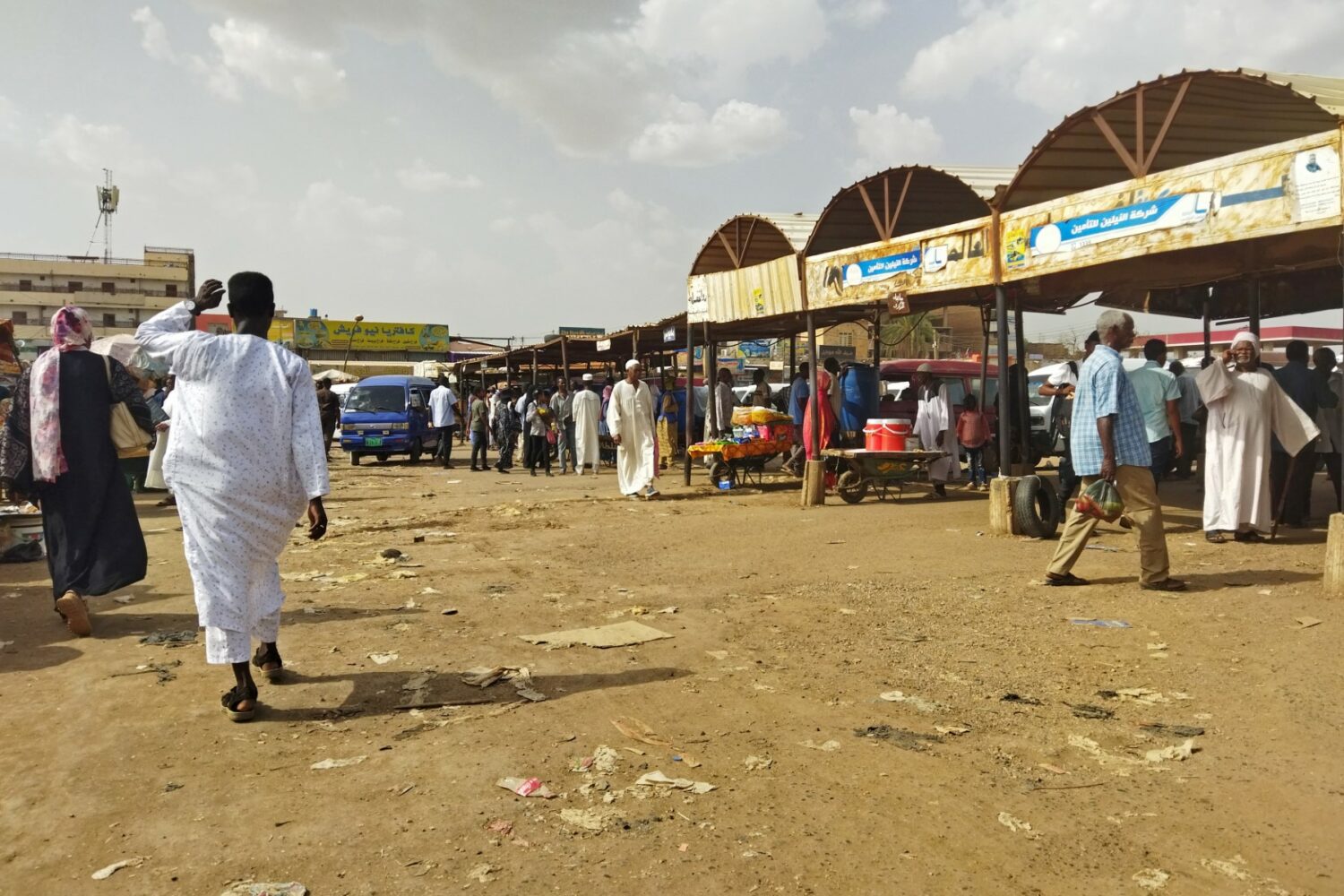RIYADH, SAUDI ARABIA – Saudi Arabia announced on Tuesday that it would jointly lead a conference on the humanitarian response to the war in Sudan next week, without specifying the location.
The pledging conference will be held on June 19, the official Saudi Press Agency said, citing the foreign ministry and adding that it would be jointly led with Qatar, Egypt, Germany and the European Union, as well as United Nations agencies.
Saudi Arabia and the United States have been mediating in the eight-week conflict between Sudanese army chief Abdel Fattah al-Burhan and his former deputy Mohamed Hamdan Daglo, known as Hemeti, who leads the paramilitary Rapid Support Forces.
The kingdom also played a leading role in evacuating thousands of foreigners from Sudan early in the war, which the UN says has left a record 25 million people – more than half the population – in need of aid and protection.
As of late May, the UN’s needs for $2.6 million to address the crisis were only 13 percent funded.
Entire districts of Khartoum no longer have running water, electricity is only available for a few hours a week, most hospitals in combat zones are not functioning, and aid facilities have been looted.
The country’s western Darfur region has also been a centre of the fighting. Darfur governor Mini Minawi, a former rebel leader now close to the army, in early June declared Darfur a “disaster zone” and appealed for help from the international community.
In May, the warring sides signed a written agreement for a Saudi and US-brokered week-long ceasefire, later extended by five days, that aimed to provide safe humanitarian corridors. These did not materialise.
Sudan’s annual rainy season begins in June, and medics have repeatedly warned that it threatens to make parts of country inaccessible, while raising the risks of malaria, cholera and water-borne diseases.
More than 1,800 people have been killed since battles began, according to the Armed Conflict Location and Event Data Project (ACLED).
Fighting has forced nearly two million people from their homes, including 476,000 who have sought refuge in neighboring countries, the UN says.
Sanctions, more fighting
On June 1 the United States imposed sanctions on the two warring groups, but fighting has continued, including in Khartoum on Tuesday where witnesses reported artillery strikes in the north of the capital and its suburbs.
Also Tuesday, a government official said Sudan’s army chief is not ready to meet Hemeti, after a regional bloc proposed a face-to-face encounter between the two.
At a summit held in Djibouti on Monday, the East African Inter-Governmental Authority on Development (IGAD) announced it would expand the number of countries tasked with resolving the crisis, with Kenya chairing a quartet including Ethiopia, Somalia and South Sudan.
A draft communique of the IGAD meeting released by the office of Kenyan President William Ruto said the quartet leaders would “arrange (a) face-to-face meeting between (Burhan and Daglo)… in one of the regional capitals.”
The Sudanese government official, not authorised to speak to the media, told AFP that, “in the current circumstances Burhan will not sit at the same table as Hemeti.”
The two generals early in the war described each other as criminals, and both sides have failed to respect multiple truces.
Prior to the announcement of the IGAD quartet, the president of South Sudan, Salva Kiir, had led the regional bloc’s committee on Sudan, which did not include Ethiopia.
Sudan’s foreign ministry said Tuesday that it had reservations about some points in the IGAD statement, and the Sudanese delegation demanded that Kiir stay on as head of the committee.








